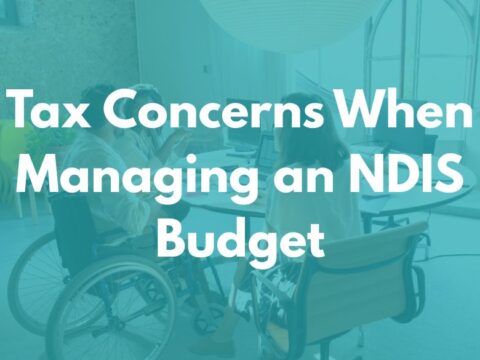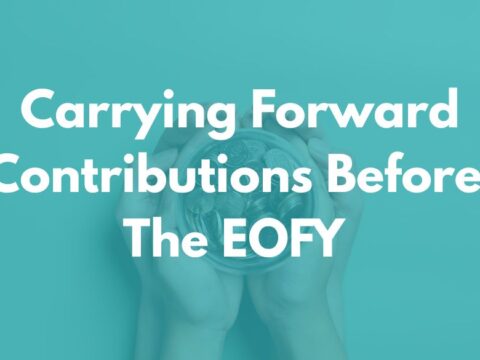Why You Shouldn’t Dip Into Your SMSF for Christmas
The festive season is a time of joy and giving, but it can also bring financial stress.
With the added pressure of bills and buying presents, some SMSF (Self-Managed Super Fund) members may consider accessing their superannuation early to ease the strain.
While this might seem like a quick fix, dipping into your SMSF outside of strict legal conditions is not only prohibited but can lead to severe financial and legal consequences.
Superannuation is designed as a safety net for retirement, not as an emergency fund for personal use. Using it to cover short-term expenses, like holiday costs, undermines its purpose and places your future financial security at risk. Beyond this, accessing superannuation benefits illegally can attract significant penalties, impact your tax obligations, and even jeopardize your status as an SMSF trustee.
To help you navigate these challenges, here’s why it’s essential to avoid tapping into your SMSF for Christmas and what could happen if you do. By understanding the rules and consequences, you can make informed decisions and protect both your financial future and compliance with Australian tax laws.
Limited Circumstances for Early Access
Superannuation is designed to support you in retirement, not to address short-term financial pressures. Generally, you can only access your super when you:
- Reach your preservation age and retire, or
- Turn 65, regardless of your work status.
Early access is only allowed under specific conditions, such as severe financial hardship or terminal illness, and requires formal approval. Paying holiday bills or buying gifts doesn’t qualify.
Consequences of Illegal Super Access
If you access your SMSF benefits without meeting a legal condition of release, you risk:
- Higher Taxes: Illegally accessed amounts are taxed as income at your marginal rate.
- Penalties: You could face significant administrative fines and even disqualification as an SMSF trustee.
- Contribution Issues: Returning funds to the SMSF could be treated as a new contribution, potentially exceeding your contribution caps and leading to additional tax.
Beware of Early Access Schemes
Be cautious of anyone suggesting you can legally access your super early. Scammers often promote these schemes during the holiday season. Protect yourself by:
- Avoiding further involvement with such individuals or organisations.
- Refusing to provide personal details like your Tax File Number (TFN).
- Reporting the scheme to the Australian Taxation Office (ATO).
Take Action if You’ve Made a Mistake
If you’ve accessed your SMSF illegally, it’s crucial to act quickly to minimise the potential consequences. The Australian Taxation Office (ATO) provides an SMSF voluntary disclosure service, which allows you to come forward and report the breach.
By taking this proactive step, you demonstrate a willingness to rectify the situation. The ATO may consider your honesty, potentially reducing the penalties applied. Delaying action could lead to harsher consequences, such as higher tax liabilities, administrative penalties, or even disqualification as an SMSF trustee.
After disclosing the breach, it’s vital to understand your next steps. Returning the funds to your SMSF could be considered a new contribution, potentially affecting your contribution caps and leading to additional taxes if you exceed them. A licensed professional, such as an accountant or financial advisor specialising in SMSFs, can guide you through this process to ensure compliance and help mitigate any additional tax consequences.
If you require further advice, assistance or information, speak with a licensed professional to remain compliant. Stay on the right side of the law this holiday season and explore other options for managing expenses. Your superannuation is a long-term safety net – it’s worth protecting.
IMPORTANT NOTICE
This blog post contains general information only and has been prepared by Allworths without reference to your objectives, financial situation or needs. Allworths cannot guarantee the accuracy, completeness or timeliness of the information contained here. By making this information available to you, we are not providing professional advice or recommendations. Before acting on any of the information contained here, you should seek professional advice.




